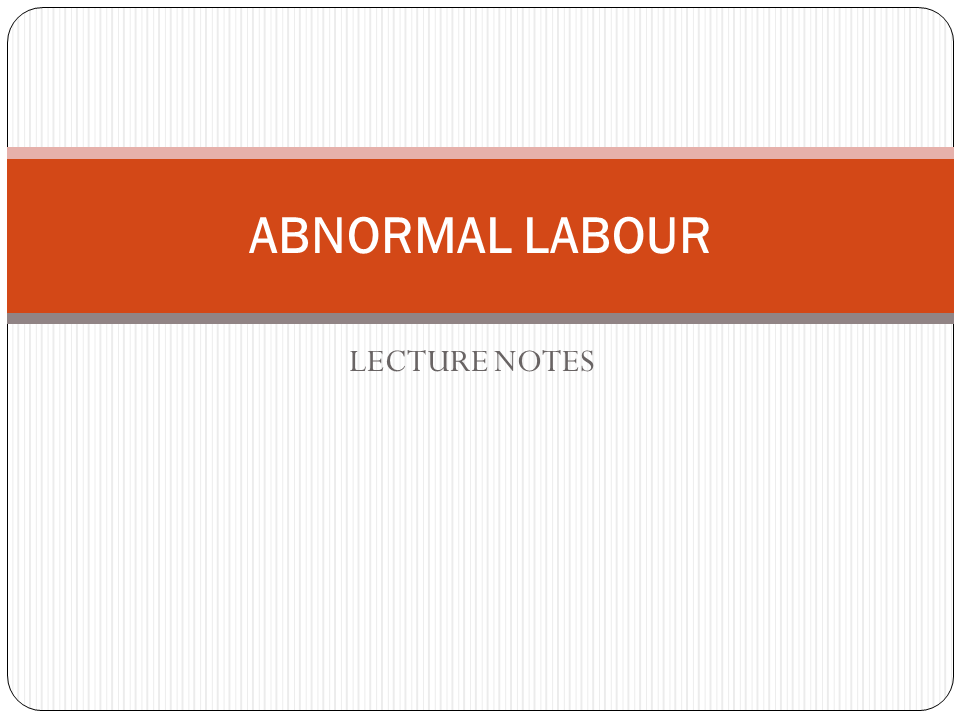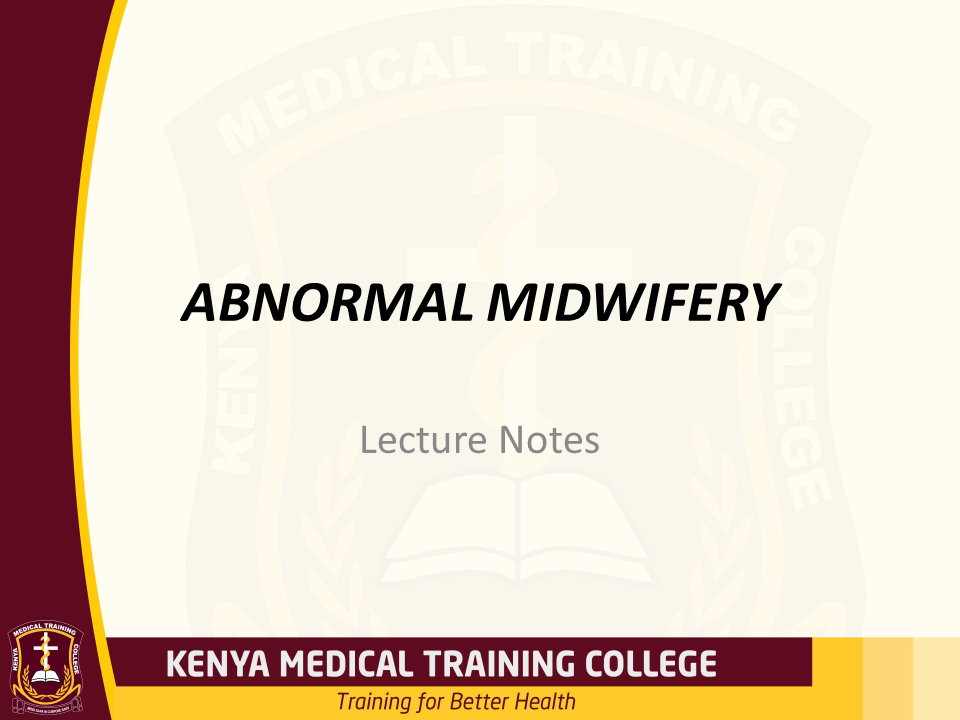- Cardiology
- Clinicals
Rheumatic Valvular Heart Disease
- Reading time: 2 minutes, 34 seconds
- 177 Views
- Revised on: 2020-07-05
Rheumatic Valvular Heart Disease is a complication of rheumatic fever. The main site of the pathology of this condition is on the heart valves. In this case, there is a destruction of the valves by group A beta-hemolytic streptococcus bacteria which is a gram-positive cocci.
Pathophysiology of rheumatic valvular heart disease
To get comprehensive pathophysiology of rheumatic fever checks our previous article here.
Signs and symptoms of rheumatic valvular heart disease
Patients may be asymptomatic and may be discovered to have the lesion during a routine examination or during periods of increased demand such as pregnancy or anemia.
There may be mitral stenosis, mixed mitral valve disease (both stenosis and incompetence), mitral incompetence, aortic stenosis, and incompetence.
The mitral valve disorders can often go without symptoms for several years before they present with signs and symptoms of heart failure such as fatigue, shortness of breath, swelling, and irregular heart rhythms such as atrial fibrillation.
The patient will present with
- Dyspnoea,
- Palpitations, or
- Heart murmurs may occur depending on the valvular lesion.
- Patients may also present with congestive cardiac failure.
Investigations
- Chest x-ray
- Electrocardiogram
- Echocardiogram
- Cardiac catheterization
When echocardiograms, ultrasound scans of the heart are performed changes of the mitral valve can be seen.
The mitral valve may be thickened, calcified with restriction in movement and the fused mitral valve leaflets. The aortic valve may also be thickened. If severely thickened then the valvular disease will be accompanied by evidence of heart muscle dysfunction.
Management
- The main treatment for patients with rheumatic fever is penicillin injection. Aspirin, steroids or immunoglobulins can also be used.
- Since there is no specific treatment for rheumatic valvular heart disease you need to treat underlying complications of the disease such as heart failure, pulmonary edema.
Atrial fibrillation (without and with RVR) is treated with blood-thinning medication and heart rate control. - Heart failure is treated with beta-blockers and diuretics.
- Continuous prophylaxis against recurrent rheumatic fever is recommended.
- Infective endocarditis prophylaxis is indicated.
- When the valvular disease in rheumatic heart disease becomes severe treatment with surgery is typically required.
- For leaky mitral valves, surgical repair is preferred over surgical replacement if possible.
- For tight mitral valves, mitral stenosis, minimally invasive catheter treatment has replaced surgical valve replacement as the treatment of choice
Prophylaxis
For rheumatic fever:
All patients with a history of rheumatic fever should be given prophylaxis for recurrences, for life, with benzathine penicillin 1.2 mega units IM monthly, OR amoxicillin 125–250mg PO BD OR erythromycin 125–250mg PO BD for infective endocarditis prophylaxis:
In addition to rheumatic fever prophylaxis, the following should be done
- Before dental procedures patients should be given amoxicillin 3.0g PO 2 hours before the procedure and 1.5g PO 6 hours after the initial dose.
- If allergic to penicillin they should be given erythromycin 1g PO 2 hours before the procedure then half the dose 6 hours after the initial dose.
- For lower gastrointestinal and genitourinary procedures patients should be given amoxicillin 2g IM 30 minutes before the procedure and 6 hours after the initial dose + gentamicin 1.5 mg/kg IM 30 minutes before the procedure and 8 hours after the initial dose.
Patient Education
- Emphasize to the patient the need for follow up.
- Advise female patients on contraception.
Complications
- Congestive cardiac failure
- Pulmonary oedema
- Bacterial endocarditis






